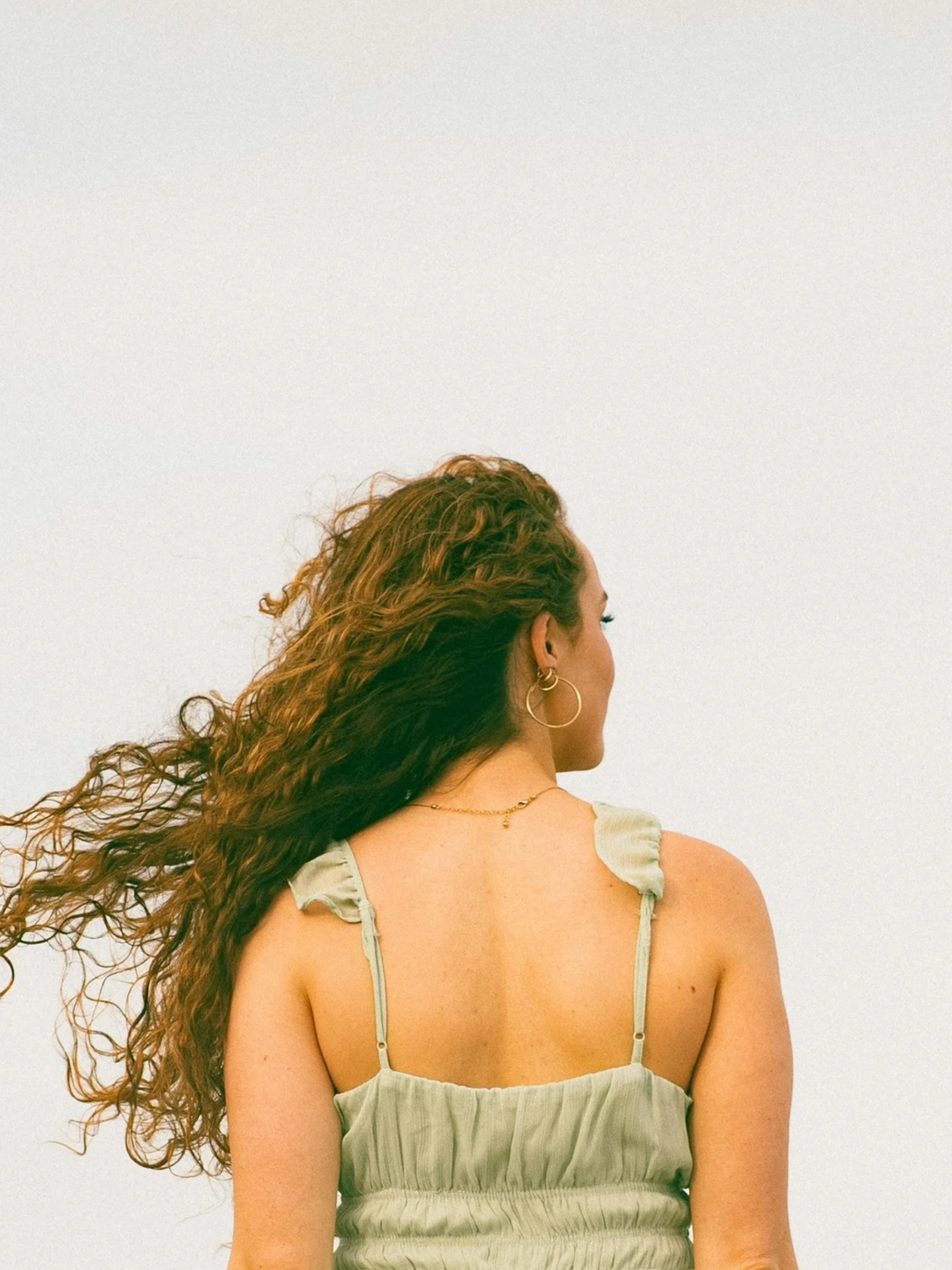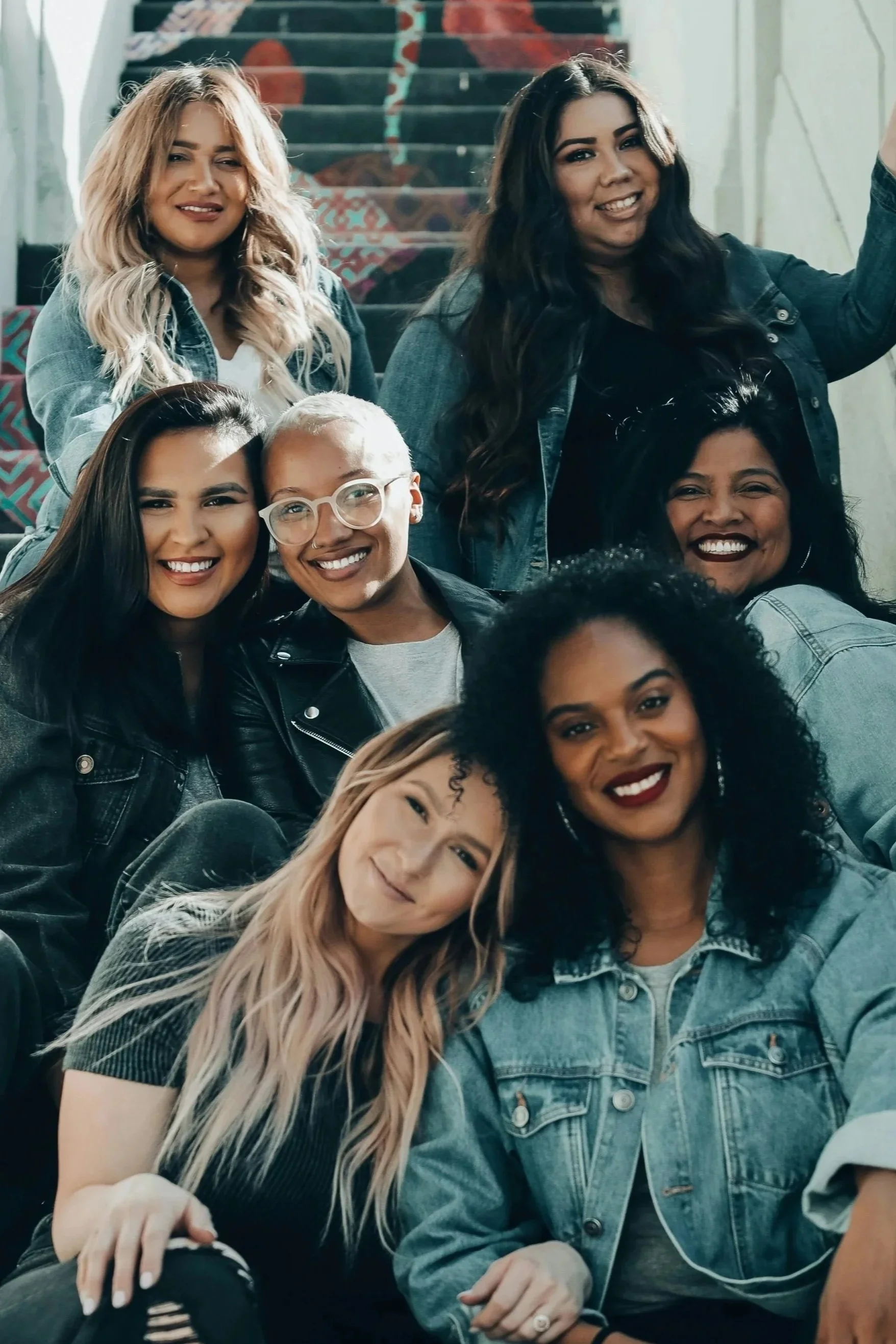When the “Strong Latina” Trope Becomes a Cage
I’ve lost count of how many times I’ve heard the phrase “you’re so strong” directed at Latinas. At first, it lands like a compliment. Who wouldn’t want to be seen as powerful, as someone who can handle anything? But over time, I realized that this label — “Strong Latina” — comes with invisible chains. It tells us we’re resilient, yes. But it also tells us we’re not allowed to fall apart, to rest, to say “no puedo más.”
And the truth is, I’ve lived both sides of that coin.
Reinforcing the cage
Growing up, I wore the badge of being the “strong” one with pride. In Los Angeles, where I was born and raised, it felt like both a compliment and a survival skill. Being the eldest daughter of immigrants meant stepping up, staying composed, being dependable, being the one who would always find a way, and showing resilience no matter what. There was unspoken honor in being the one who could carry it all; but also a quiet loneliness in holding that weight. At the time, I didn’t question it. Strength was simply expected.
But looking back, I see how much that reinforced emotional suppression. When strength is defined only as endurance, we learn to push through instead of pause, to silence vulnerability, and to mistake over-functioning for resilience.
I’ve felt that cage tighten around me: in my body (the tension in my shoulders, the headaches, the exhaustion), in my relationships (struggling to ask for help), and in my own inner dialogue (the guilt of admitting “I can’t anymore”).
Puerto Rico cracked the armor
It wasn’t one single event that shifted me. What truly began the journey of opening my eyes was moving to Puerto Rico.
For the first time, I stepped outside the bubble of L.A. – outside of my family dynamics, outside of some of the privileges that shaped how I saw the world, outside of the colonial lens. Puerto Rico taught me something profound: that strength comes in many forms.
I witnessed resilience that wasn’t about stoicism but about community. Neighbors looking out for each other. Strangers sharing food or water. Families who laughed and danced in the middle of hardships. I saw that being una mujer fuerte could look less like holding it all in, and more like leaning into others, allowing joy and softness to coexist with struggle.
That exposure shook something in me. It planted the seed that strength isn’t linear. It isn’t about gritting your teeth. It’s not about isolation. Strength is collective. Strength is cultural. Strength is also rest, tenderness, and interconnectedness.
Therapy, education, and growth
Of course, my professional journey deepened that shift. Studying psychology, completing my internship and postdoc, and working with women navigating trauma showed me how harmful the “Strong Latina” trope can be. So many of my clients come into therapy carrying generations of unspoken pain – always high-functioning, always dependable, but burning out inside.
At the same time, my own therapy helped me peel back the layers. It gave me permission to sit with vulnerability, to recognize when I was defaulting into “strong” at the expense of being human. It reminded me that strength without softness is incomplete.
And as I grew older and gained more insight, I started weaving together a new definition of strength. One that is spiritually expansive, culturally aware, and rooted in both individual healing and collective resilience.
Redefining strength
I now see strength as a wide spectrum:
Strength is emotional honesty. Saying “I’m not okay” is as powerful as saying “I can handle this.”
Strength is community. Asking for help, leaning on others, and knowing we heal in connection.
Strength is softness. Rest, tenderness, and self-compassion are radical acts in cultures that demand over-functioning.
Strength is spiritual. Finding meaning, grounding, and connection beyond productivity or performance.
Strength is collective. What heals us is not just individual endurance but the ways we carry one another.
This redefinition has been life-giving for me, and it’s the lens I bring into my clinical work.
A gentle check-in
If you’ve been carrying the “Strong Latina” identity, I want to offer a moment to check in with your body right now:
Place one hand on your chest, the other on your belly.
Take a slow breath in through the nose, release it through the mouth.
Whisper softly: “Soy fuerte y también soy humana.” [“I’m strong and I’m also human.”]
Notice: what part of you wants to keep holding everything? What part of you longs to rest?
Let yourself soften into that second part, even just a little.
Even acknowledging this duality is an act of freedom.
Beyond the cage
Being la fuerte helped me survive many seasons of life. But surviving isn’t the same as living fully.
Puerto Rico, my relationships, my education, my therapy, and my growth have shown me that strength can be redefined – not as a cage, but as a spectrum. Not as isolation, but as connection. Not as stoicism, but as softness.
To my fellow Latinas: yes, you are strong. But you are also allowed to be tender, to rest, to need, to dream, to cry, to laugh. Our strength is not only in how much we can endure, but in how deeply we can feel, connect, and heal.
And when we expand our definition of strength, we don’t just free ourselves; we free generations.


